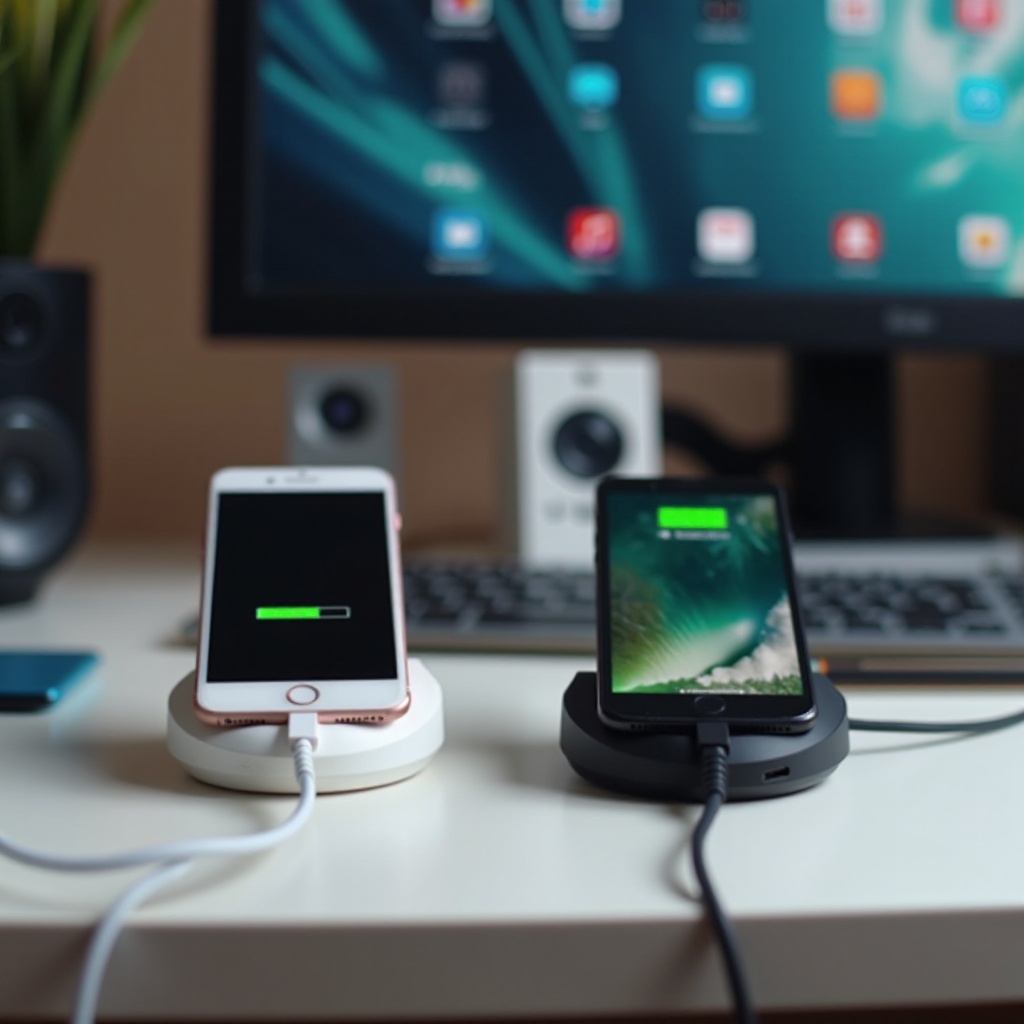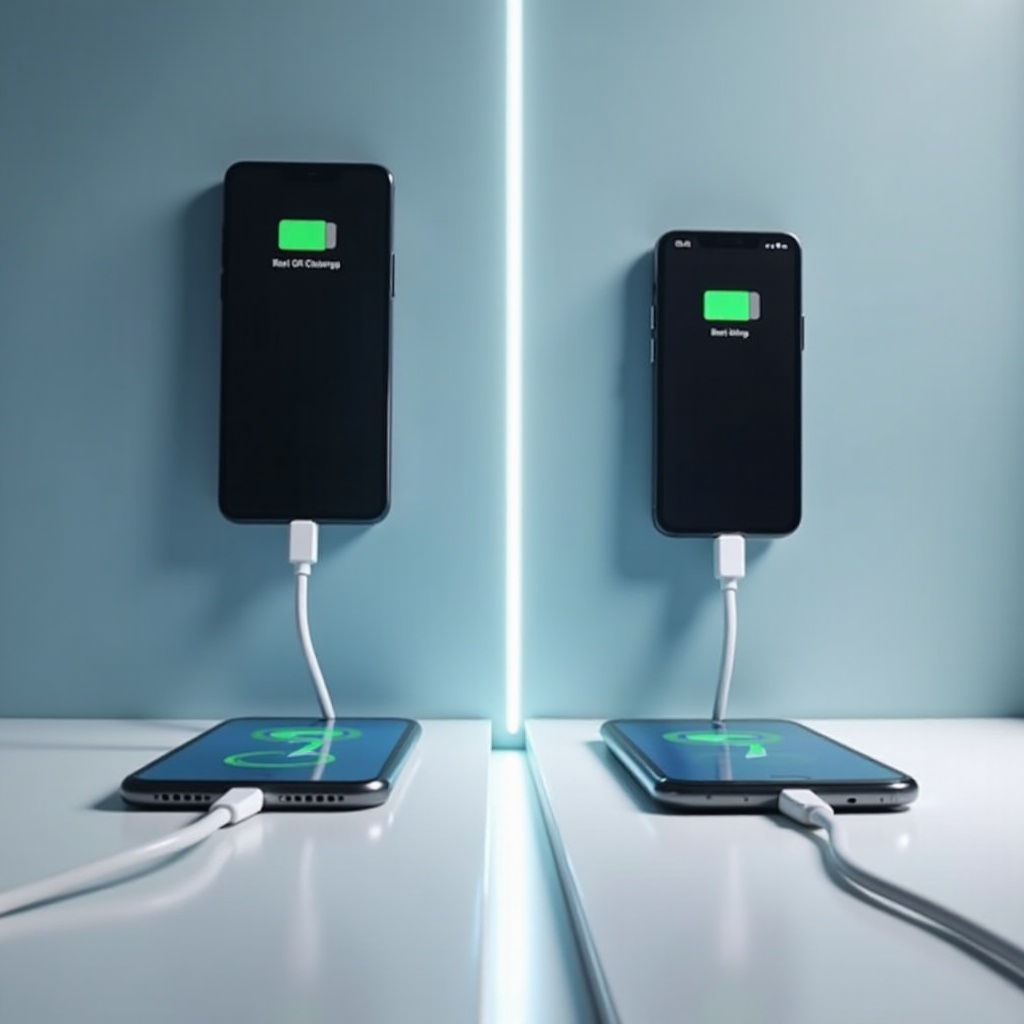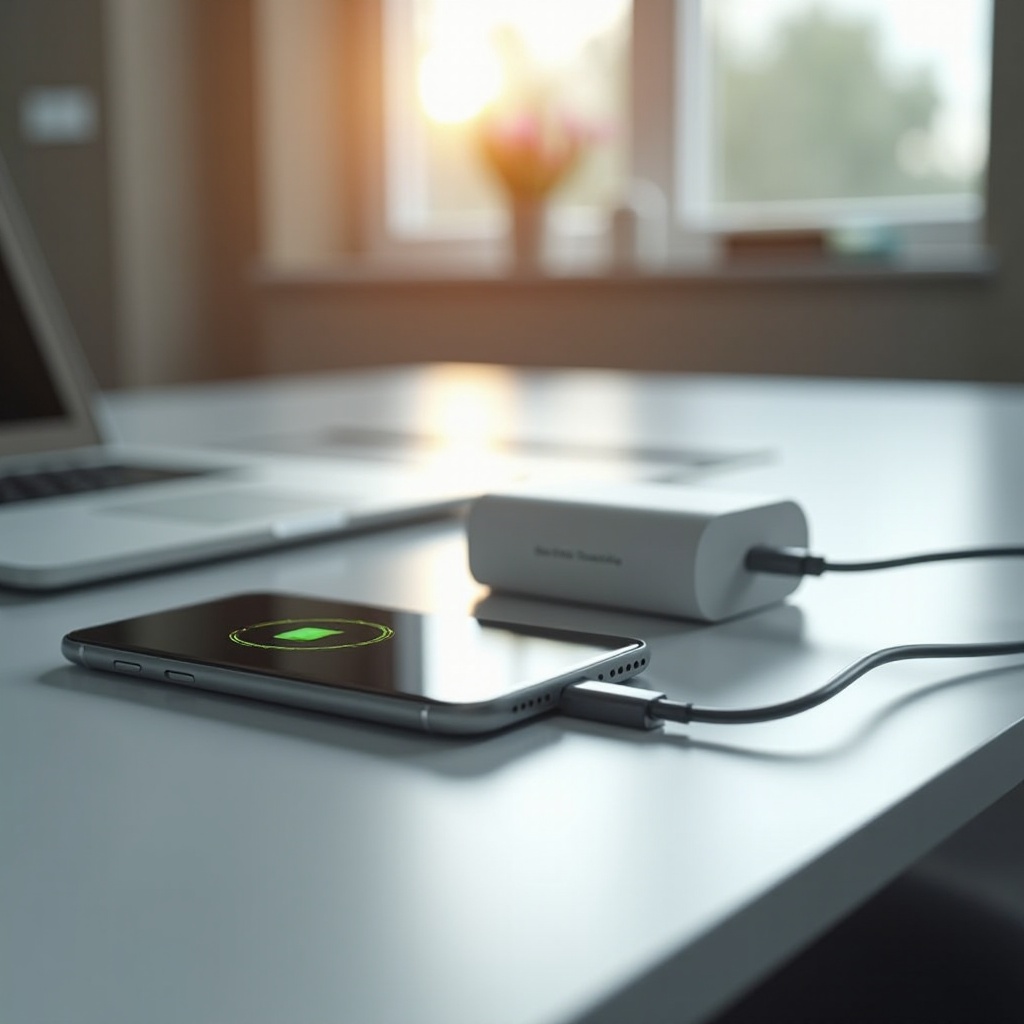Is a 100W Charger Faster Than a 20W Charger for Your Phone?
Introduction
Charging your phone has evolved significantly from the days of simply plugging it in and waiting. With the advent of fast charging technology, the differences between chargers are increasingly important. As manufacturers tag chargers with power ratings like 20W or 100W, it becomes essential to understand what these ratings mean and how they impact your device's charging speed and overall performance. This blog delves into whether a 100W charger is indeed faster than a 20W charger for your phone, the pros and cons of using powerful chargers, and what the future holds for phone charging technologies.

Understanding Fast Charging Technology
Fast charging technology allows devices to be charged more quickly than traditional methods. The core of this technology lies in increasing the wattage sent to the device. Wattage (W) is a measure of electrical power and is calculated by multiplying volts (V) and amps (A). While a standard phone charger may be around 5W, fast chargers significantly increase this figure.
Phones equipped with fast charging technology include specialized hardware and software to manage higher power levels without overheating or damaging the battery. Popular fast charging standards include Qualcomm’s Quick Charge, USB Power Delivery, and proprietary technologies from brands like Apple, Samsung, and Huawei. These standards ensure that your phone charges optimally in line with the charger’s rating and the phone’s compatibility.
Understanding fast charging technology sets the stage for comparing different chargers and their real-world implications. Once you grasp the technicalities, making an informed decision becomes easier.
Comparing 100W and 20W Chargers
To determine if a 100W charger is faster than a 20W charger, let's start with the basics: Yes, a 100W charger offers more power. Theoretically, this should mean quicker charging times. However, the rate at which this power is utilized depends largely on your phone model and its charging protocol.
- Speed: A 100W charger can charge some phones from 0 to 50% in ten minutes, which is significantly quicker compared to a 20W charger that may take around 30 minutes to achieve the same charge level.
- Compatibility: Not every phone supports such high charging rates. If your phone is only rated to handle up to 20W, using a 100W charger will not make it charge faster; the charging will be capped at 20W.
- Efficiency: Higher wattage does not always mean better efficiency. Some charging systems are optimized for 20W charging, making them more efficient and sustainable in the long run.
By considering these factors, you can determine if investing in a high-wattage charger aligns with your phone's specifications and your usage needs.

Benefits of Using a 100W Charger
Upgrading to a 100W charger offers several advantages, particularly if your phone supports high-power charging protocols.
- Quicker Charging Time: The most evident benefit is speed. A 100W charger can dramatically reduce the time you spend waiting for your phone to charge. This is ideal for users who constantly need their phones, such as business professionals or heavy media consumers.
- Multipurpose Use: Many 100W chargers are designed to charge multiple devices simultaneously. This can include not just phones but also tablets, laptops, and other USB-C devices. The high power output ensures that charging multiple devices doesn’t slow down the process.
- Future-Proofing: As phones evolve, so will their charging needs. Investing in a 100W charger now could prepare you for future devices which might support higher power inputs for even faster charge times.
- Robust Features: Higher-end 100W chargers often come with additional features such as overcharge protection, surge protection, and heat management systems, contributing to overall device safety and longevity.
These benefits make the case for considering a high-wattage charger, especially if you are keen on maximizing charging efficiency and versatility.

Potential Downsides and Considerations
Before rushing out to buy a 100W charger, it’s wise to consider some potential downsides and nuances associated with its usage.
- Compatibility Issues: Not all phones are built to handle 100W charging. Using such a powerful charger can be futile or potentially damaging if your phone is not designed to manage such high power.
- Heat Generation: More power leads to more heat, which, if not managed well, can affect your phone's battery health over time. While many 100W chargers come with built-in cooling systems, this still remains a consideration.
- Cost: 100W chargers are generally pricier than their 20W counterparts. If your phone does not support high power input, you might be spending money on features you can’t utilize.
- Portability: High-wattage chargers tend to be bulkier. If you travel frequently, consider whether the extra weight and size justify the benefits.
Addressing these considerations ensures you make a purchase that aligns with your device specifications and charging habits.
Future of Phone Charging (Beyond 100W)
The landscape of phone charging is continually evolving, driven by advances in technology and rising consumer demands. Beyond 100W, innovations are likely to focus on faster charge times, improved battery life, and enhanced safety features.
Emerging technologies, such as graphene batteries, promise higher efficiency and quicker charging without the heat issues seen in current lithium-ion batteries. Manufacturers are also exploring wireless fast charging, aiming to match the power levels of wired methods for a seamless and convenient user experience.
Moreover, as more devices adopt USB Power Delivery and Quick Charge standards, universal chargers capable of optimally powering a broader range of gadgets will likely become more commonplace, reducing electronic clutter.
Conclusion
Choosing between a 100W charger and a 20W charger comes down to your phone's compatibility, your need for speed, and your specific usage scenarios. While a 100W charger is undoubtedly faster, it is crucial to weigh this against factors such as cost, compatibility, and heat management.
Frequently Asked Questions
Will a 100W charger damage my phone?
If your phone is compatible and has the necessary protections, a 100W charger will not damage your phone. Always check manufacturer guidelines.
Are all phones compatible with 100W chargers?
No, not all phones are compatible. Ensure your phone supports high-wattage charging before using a 100W charger.
How can I ensure my phone charges safely with a 100W charger?
Use certified, high-quality chargers and cables. Always follow the manufacturer's instructions and consider investing in chargers with built-in safety features such as overcharge protection.



